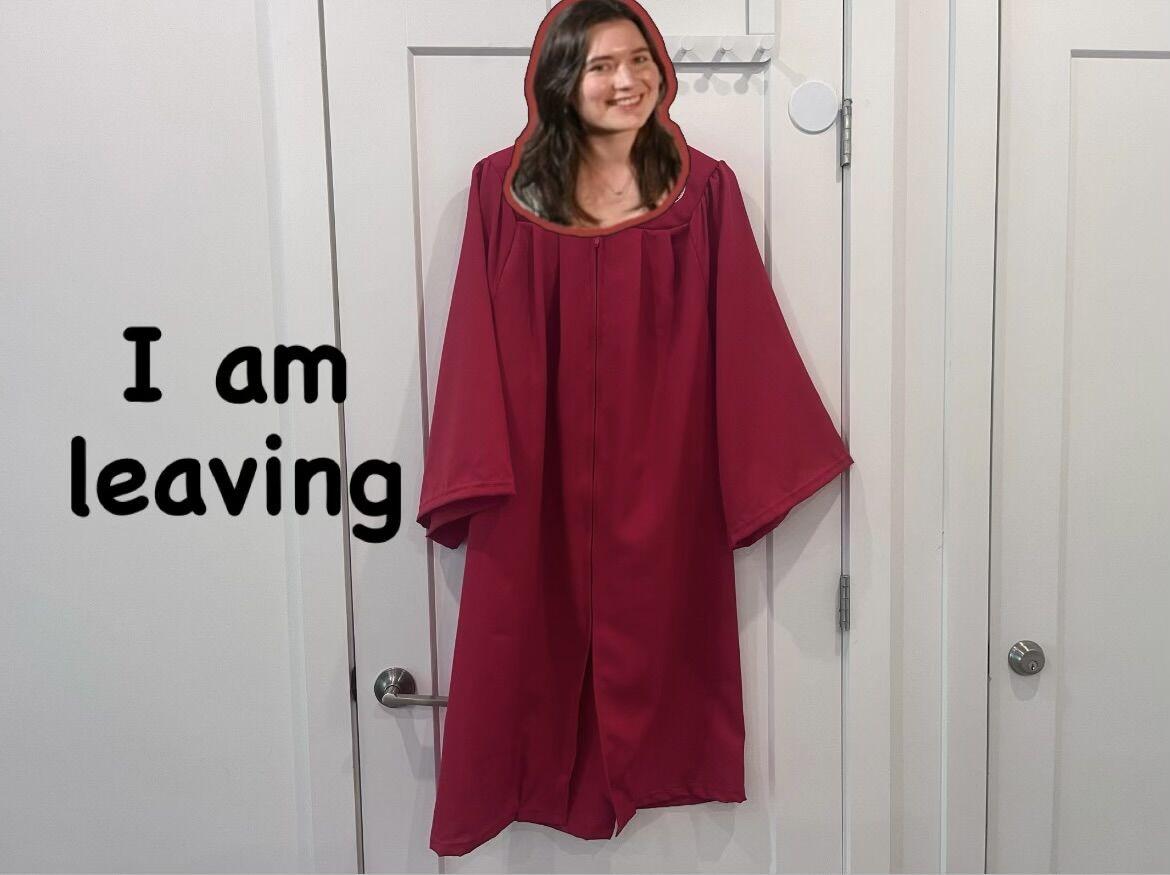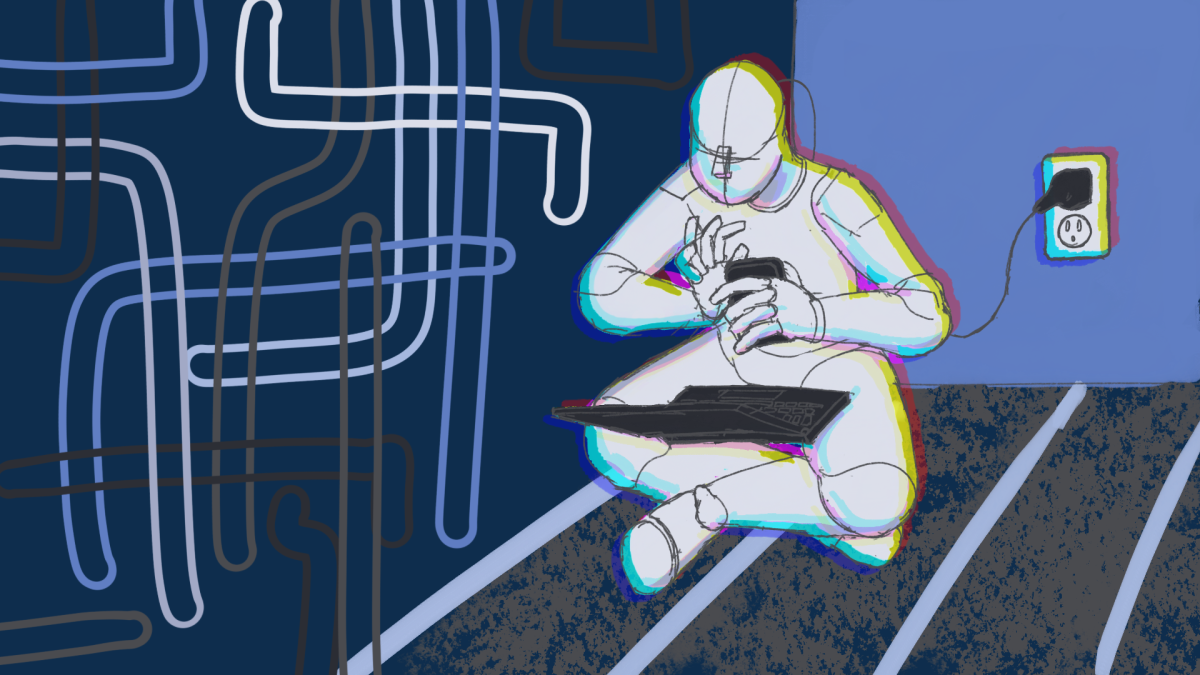The invisible hand of the market goes for “butts [that] can get jobs.” Everyone seems to agree to that, in the uproar generated since last Tuesday when Gov. Pat McCrory talked with radio show host Bill Bennett about his plans to reduce funding the liberal arts. Institutions should get money “not based on how many butts in seats but how many of those butts can get jobs,” McCrory said.
Many have spoken up for liberal arts education, with all defenses boiling down to two arguments, based on the assertion that a liberal arts education molds creative and critically thinking people. The first is economic — that because of what a liberal arts education confers, its graduates both have hirable value and bring entrepreneurial value to the economy. The second is humanistic — that regardless of whether liberal arts graduates are unemployable in terms of the skills the economy wants and the skills they offer, there is intrinsic value in being well-rounded, thinking humans and citizens.
But in either case, none of the champions of the liberal arts has raised objection to the system itself wherein money will go to that which best serves the market. Applied to education, such systemic logic means (exactly as McCrory conveys) — “Degrees that don’t get jobs shouldn’t be funded.” This has such grave consequences for education that we must question this logic and the economic status quo that has brought about this situation.
All social reality exists and all social circumstances arise within a dominant ideology, whether noticed or unnoticed. This includes circumstances with such unemployment that the state is pressed to fund only programs that contribute to employment. It is under the ideology of neoliberalism and its accompanying globalized economy that current unemployment exists. It is neoliberalism that has allowed the loss of many for the gain of few, through financial sector gambling. Neoliberalism itself exists within the ideology of capitalism, whose uncompromising drive to maximize efficiency and output has produced such automation, that in the absence of education enabling humans to be more than dispensable workers, fast replaces human livelihood.
And it is within capitalism that an elite and its cultural logic has emerged which comes along and says, “Look at those useless gender studies and philosophy majors. If they can’t contribute to the economy, their education shouldn’t be subsidized” so that market forces swoop in where the state is pressured to withdraw, forcing universities to rely upon private money to keep these programs going.
However, if there aren’t jobs today for people who want to study liberal arts, tomorrow there won’t be jobs for other areas. But as the ideology “degrees that don’t get jobs shouldn’t be funded” persists, other departments will lose funding, leading to more privatization. Apart from decreasing the tax burden on the rich, this privatization, driven by the profit incentive and high demand, will increase the price of education and make it more unaffordable. Privatization will also push toward modifying education toward churning out graduates best trained to fulfill roles augmenting the private sector and the market. And, as the global neoliberal machine grows, this process will keep on repeating, getting more and more extreme each time.
Such is the rule of capital -— to the benefit of those who own it and to the injury of the rest. There is a term for the phenomenon operating behind Gov. McCrory’s statements and proposed plan — this phenomenon has long existed, and its reality accepted. We, the student body of the North Carolina’s public higher educational system, must open our eyes to class conflict.
Class conflict is real. We do not know whether the actors executing it from the side of capital, such as McCrory, are deliberate participants with the intent of benefiting their class, or unconscious enactors of a comprehensive system’s autonomous will. But simply by being students of a public university in these circumstances, we are necessarily engaged combatants in class war. And if we remain unconscious of our collective fate and struggle, the system we inhabit will continue along its own design, proliferating capital and rewarding its owners at the expense of the great majority.
An injury at the market’s invisible hand to some “butts in seats” is an injury to all “butts in seats.” We must take McCrory’s comments for what they really are — the logic of capitalism, doing capitalism, for the gain and through the actions of the capitalist class. It is time for butts in seats to develop class consciousness.







